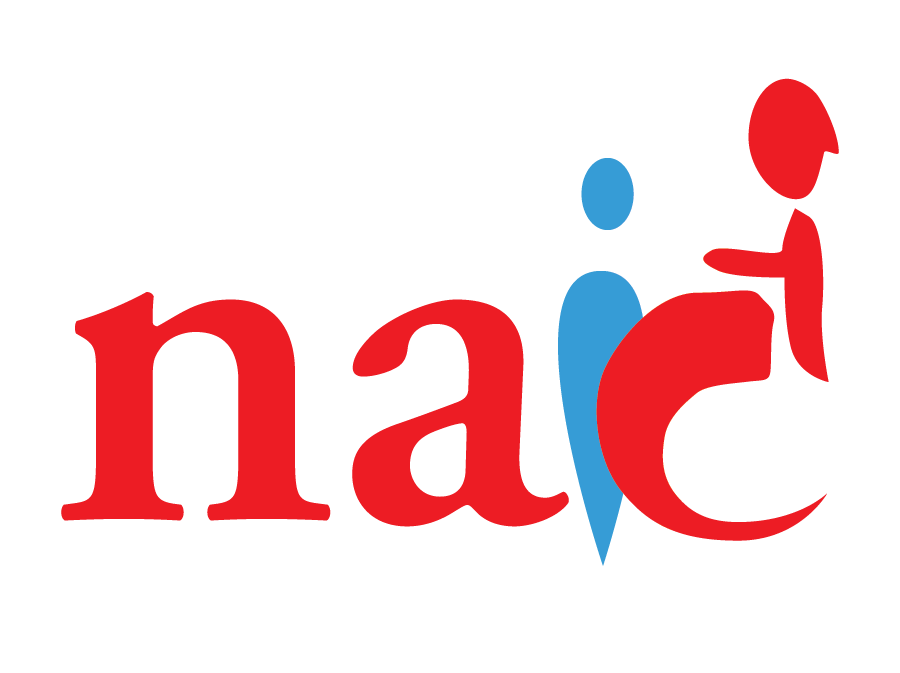The report examines the development and implementation of the RAISE Family Caregivers Act, culminating in the 2022 National Strategy to Support Family Caregivers. This strategy was created to enhance support for family caregivers across the United States, offering nearly 500 policy, programmatic, and systemic opportunities for improvement. The process involved extensive advocacy, research, and collaboration between public and private sectors, highlighting the significant role of philanthropic investments in driving public-sector actions. The report also outlines a timeline of key activities leading to the strategy’s release, emphasizing the importance of bipartisan support and public-private partnerships.
Key considerations for advancing a national plan on aging include building a robust evidence base to demonstrate the urgency for action, securing bipartisan policy champions to maintain momentum, and prioritizing public-private partnerships. The strategy’s goals are to increase outreach and awareness, build partnerships with family caregivers, strengthen services and supports, ensure financial and workplace security, and expand data, research, and evidence-based practices. The report stresses the need for continuous stakeholder engagement, particularly involving those with lived experiences, to ensure the strategy’s relevance and effectiveness.
To advance efforts in supporting family caregivers and developing a national plan on aging, it is crucial to leverage existing frameworks and initiatives, such as state plans on aging and dementia-friendly communities. The success of the National Strategy to Support Family Caregivers demonstrates the importance of a coordinated, multi-sector approach that adapts over time. Continued advocacy, strategic investments, and legislative actions are necessary to build on this foundation and address the evolving needs of family caregivers and aging populations across the country.


